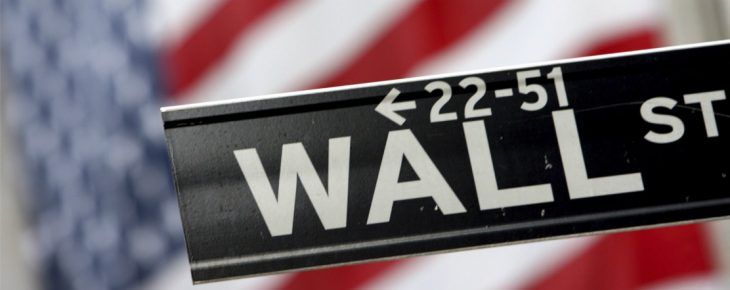Money Talk: Investor sentiment bearish after Brexit, heading into second quarter earnings reports
by July 18, 2016 9:35 am 137 views

Editor’s note: Each Monday, Talk Business & Politics provides “Money Talk,” a wrap-up of banking and financial news.
––––––––––––––––
INVESTOR SENTIMENT BEARISH AFTER BREXIT, HEADING INTO 2Q EARNINGS PERIOD AND UNCERTAIN POLITICAL BACKDROP
A new survey by investor relations and research firm Corbin Perception shows that investors are increasingly cautious as persistent low growth and uncertainty weigh on current sentiment as the second quarter earnings period gets underway. Here are some key highlights from the Corbin survey:
· 54% of surveyed investors classified equity valuations as overvalued ahead of Brexit and 46% reported an increase in portfolio cash holdings from last quarter;
· Defensive sectors, specifically Consumer Staples, Health Care and Utilities, grew in relative bullishness;
· Despite perception of worsening macro and decelerating organic growth, near-term stability is expected in North America earnings;
· More positive executive tone is diverging from increasingly cautious investor sentiment; management confidence in operating in low-growth environment is increasing;
· With the U.S. presidential election taking center stage, 80% of investors see Donald Trump as having a negative or very negative impact on the markets if elected compared to only 32% for Hillary.
To view the Corbin’s quarter earnings primer, go here.
EPI: TOP CEOS WERE PAID 276 TIMES MORE THAN THE TYPICAL WORKER IN 2015
Average compensation for CEOs at the top 350 firms was $15.5 million in 2015, down 5.1% from the $16.3 million in 2014, according to a new analysis from the Economic Policy Institute’s President Lawrence Mishel. The newly released report estimates CEO compensation using a comprehensive measure that covers chief executives of the top 350 U.S. firms and includes salaries, bonuses, restricted stock grants, long-term incentive payouts and the value of stock options exercised in the past year.
The EPI survey attributes the fall in CEO pay in 2015 to a faltering stock market, and a corresponding decline in the potential value of stock options — not any structural changes in corporate governance or how CEO compensation is set. Eighty-three percent of the decline in CEO pay from 2014 to 2015 can be explained by the drop in the value of realized stock options in that period.
Still, top CEOs took home 276 times more than a typical worker—down from 302-to-1 in 2014, but still far higher than it’s been in previous decades. The CEO-to-worker compensation ratio was 20-to-1 in 1965, and peaked at 376-to-1 in 2000.
To view the EPI report, click here.
FDIC CHIEF TALKS NEW PATH TO DEPOSIT INSURANCE REFORM
In recent testimony before the House Committee on Oversight and Government Reform, FDIC Chief Martin Gruenberg said the federal banking oversight agency continues its efforts to provide interested organizing groups with a clear path to forming a new insured depository institution, regardless of the type of charter pursued.
In his speech to a congressional committee on July 13, Gruenberg also talked about the performance of the banking industry post-financial crisis and trends in “de novo” or newly state chartered banks not acquired through a purchase that have been in operation less than five years.
Click here to view Gruenberg’s congressional testimony.
